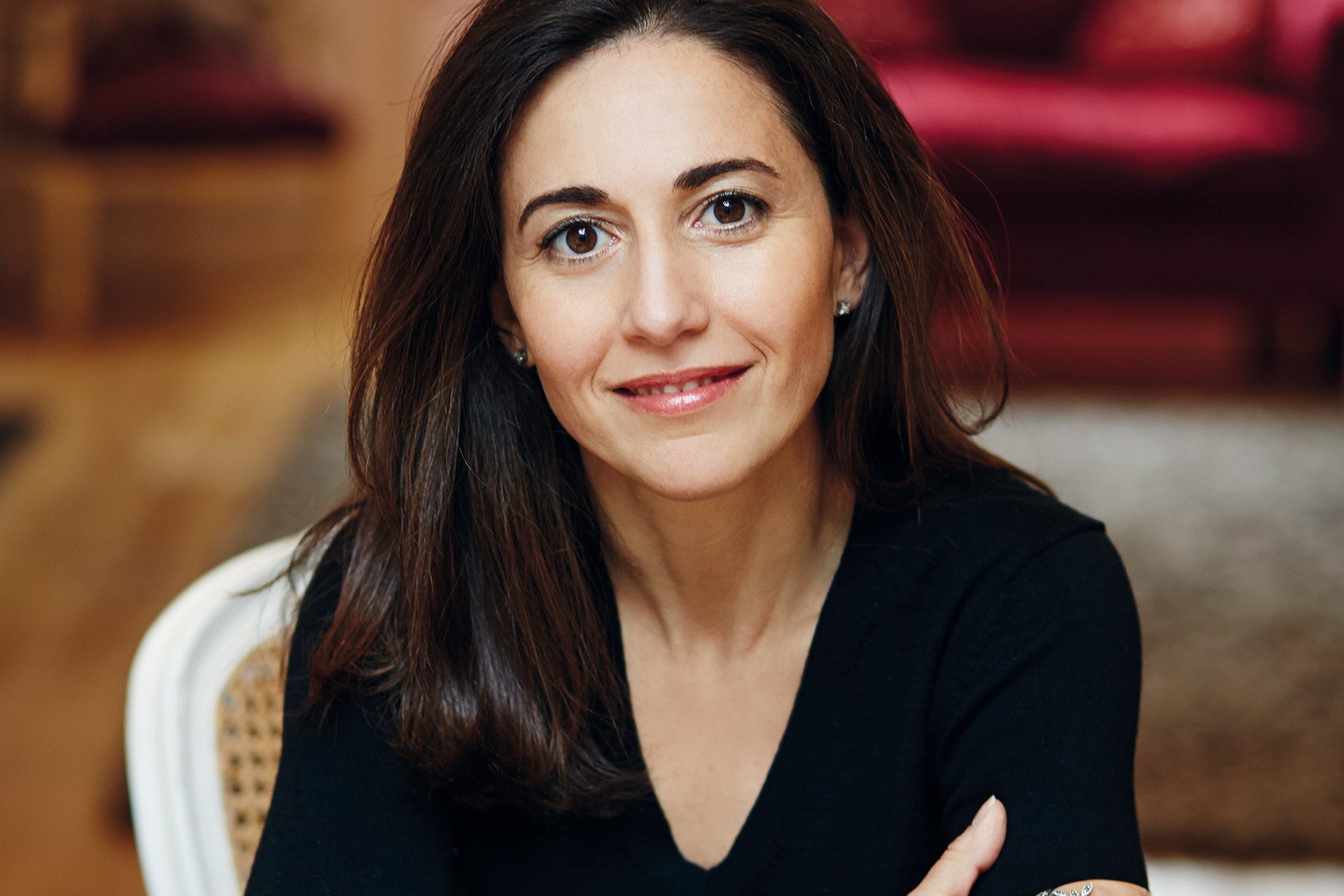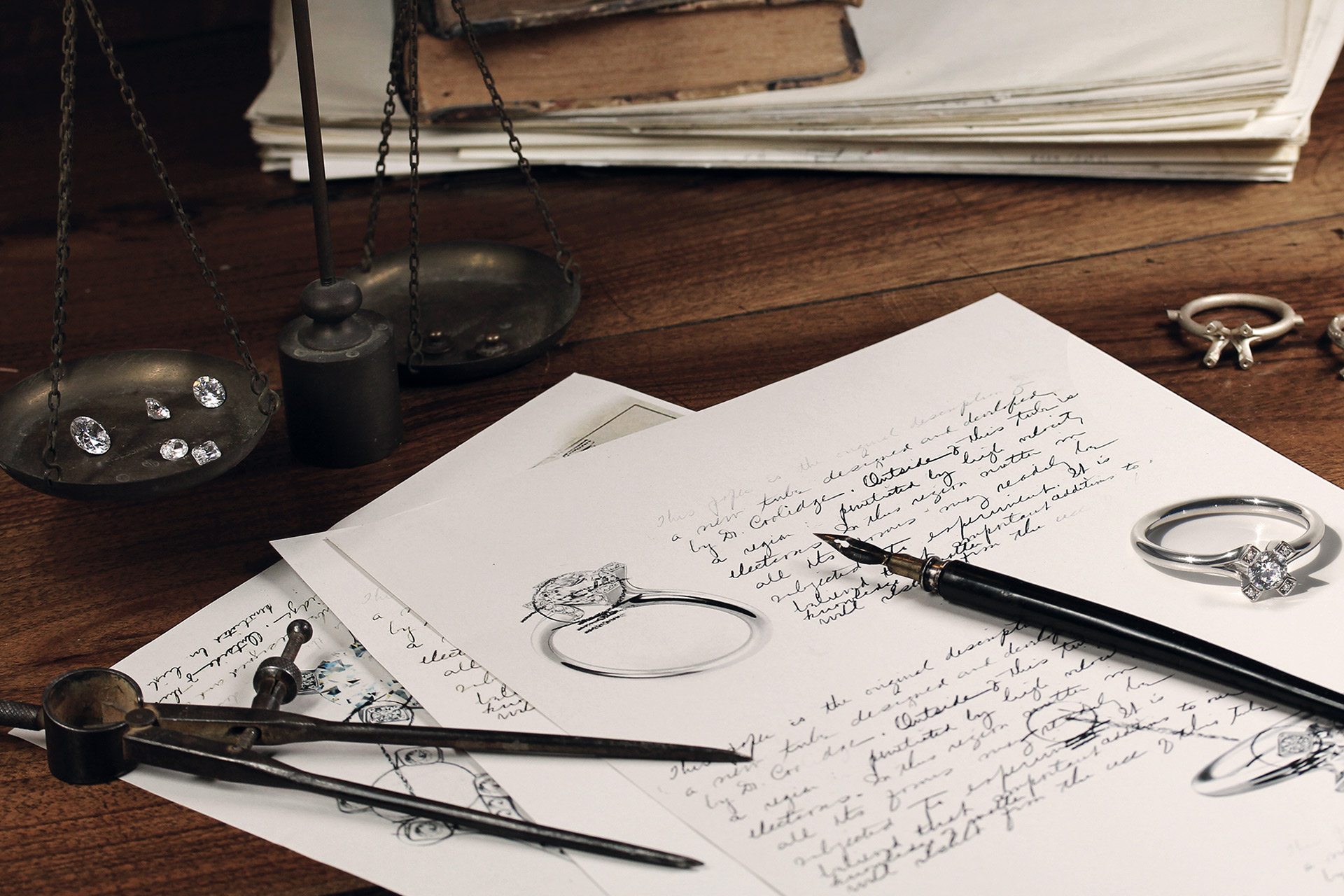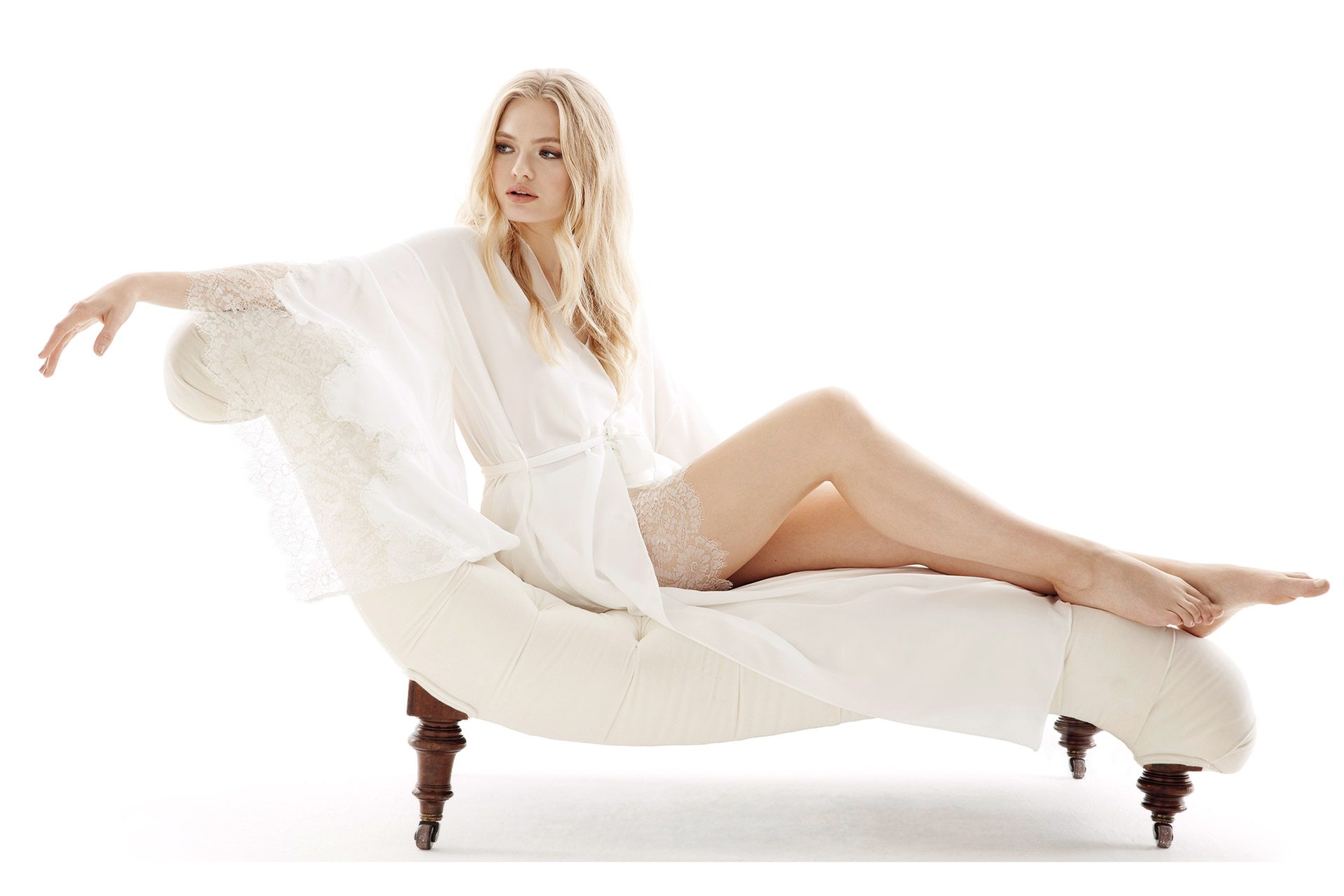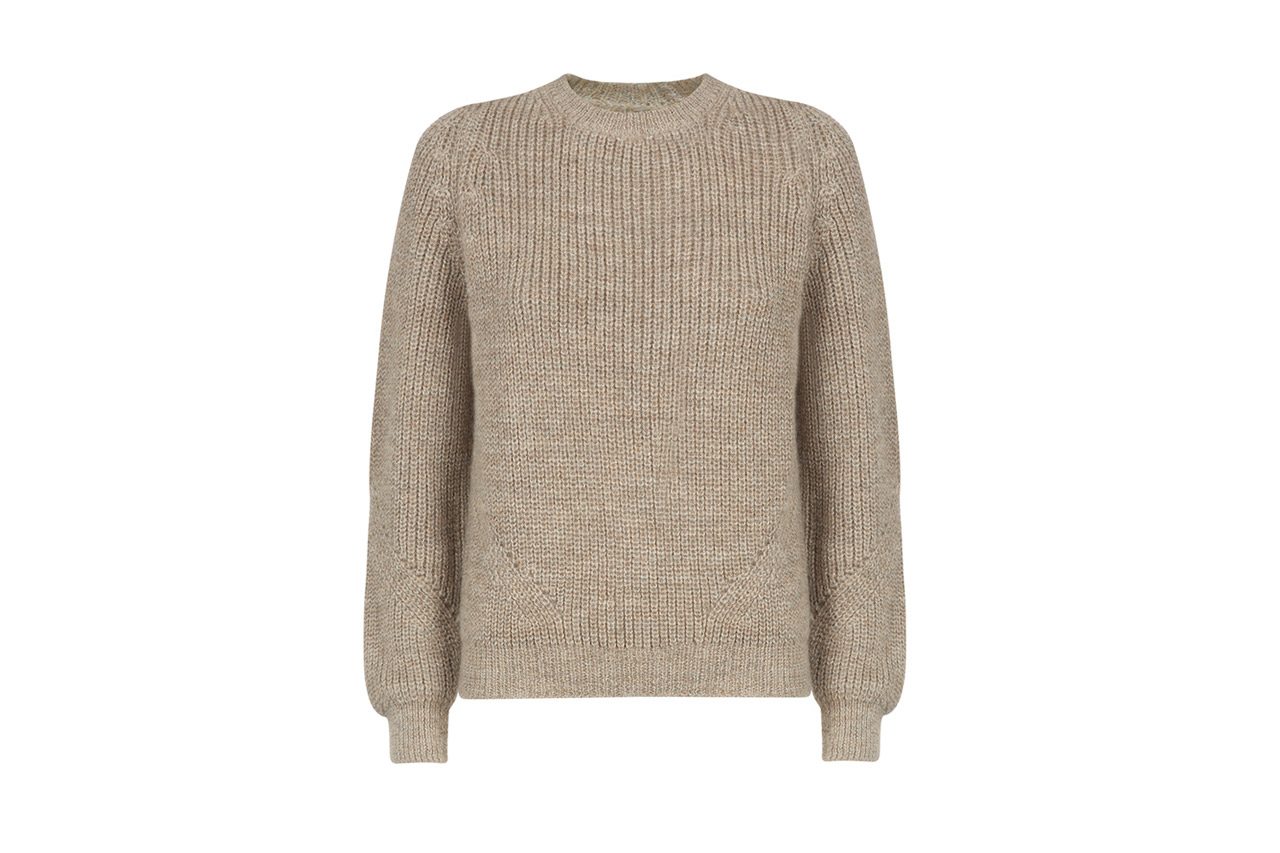Positive Luxury: Diana Verde Nieto on Ethical & Sustainable Brands
Charlotte Metcalf meets Diana Verde Nieto of Positive Luxury
This post may contain affiliate links. Learn more
Founder of Positive Luxury, Diana Verde Nieto has long been championing the need for the luxury industry to show leadership in sustainability. Aiming simply to ‘inspire consumers to buy better and discover the brands that are doing better,’ Charlotte Metcalf meets the formidable woman who is changing the face of luxury one Butterfly Mark at a time…
The Butterfly That Stamped

Diana Verde Nieto is the co-founder of Positive Luxury
‘Kiehl’s is a great brand and Weleda is absolutely amazing. It’s plant-based and pure – the fewer ingredients the better,’ enthuses Diana Verde Nieto, Co-Founder and CEO of Positive Luxury. Judging by her flawless skin, making her look far younger than her age, Diana knows what she’s talking about. We are in a Notting Hill café talking about the changing face of luxury. One thing is for certain – it’s changing fast. Business as usual is not an option in a world in which uncertainty is the new normal.
It doesn’t take a magazine like this one to point out that the enormous global changes we’ve recently witnessed have, in part, been driven by the have-nots, people furious at feeling side-lined by a privileged, smug elite. It’s that very elite to whom the luxury industry has addressed itself for the last couple of decades, urging on the super rich to more excess until most of us can only gawp at the opulence of their lifestyles. But among the recent upheaval, the word ‘luxury’ can be perceived as a tainted, hollow term associated with conspicuous wealth but not necessarily with genuine quality and worth. Indeed, the desire for obvious emblems of wealth, so evident a decade ago, has started declining. A 2016 report by market researchers NPD found that 81 per cent of millennials wanted their handbag logos to be subtle. People are turning away from branding towards individuality and discretion.
‘The word ‘luxury’ can be perceived as a tainted, hollow term associated with conspicuous wealth but not necessarily genuine quality and worth.’
As far back as 2011, Argentinian-born Diana was predicting that the luxury industry needed to open up and show leadership in sustainability in order to stay relevant. To realise this ambition, she teamed up with Karen Hanton MBE, founder of Toptable.com, and started Positive Luxury, which awards a Butterfly Mark of trust to luxury brands that demonstrate a positive attitude towards people and the planet. Its aim was and continues to be disarmingly simple: ‘to inspire consumers to buy better and discover the brands that are doing better’.

Forevermark’s diamonds are responsibly sourced
I first met Diana when she was starting the company and remember her explaining the logic of eschewing a £10 T-shirt in favour of a £65 one. Six years later she’s still convincing: ‘Cheap goods without a social mission are not sustainable over time. A £65 T-shirt will give everyone in the supply chain more. Top quality raw materials are expensive because they’re in limited supply, but spend money on them and everyone benefits and your T-shirt will last. Otherwise it’s just disposable.’ Though Diana’s refrain is not new, it’s increasingly resonant among people who want their purchases to benefit the people who made them and have a positive impact on the environment. It’s this growing consciousness that is leading to more brands across the board seeking out the Butterfly Mark.
So what’s the best champagne to buy? ‘I don’t like people asking me what is the best of anything,’ she hesitates. ‘It’s like saying which one of your children do you think is smarter? But from the brands we have awarded the Butterfly Mark, it would be Krug. The house is very proactive in working to preserve the environment and the health of its workers. Nourishing the vineyards and its relationships with growers is integral to creating its world-renowned champagne.’
What about vodka? ‘I’d recommend Belvedere, a rye-based spirit from Poland.’ Later I discover that Belvedere’s limited edition (RED) bottle programme donates 50 per cent of its profits towards the Global Fund fighting HIV/AIDS. Since 2012 the company has reduced CO2 emissions by 40 per cent per litre of the spirit produced, and also promotes the sustainable growth of its own rye.
‘We’re moving on to more thoughtful generations – millennials and Generation Z are looking to buy from brands that care and share their values.’ Diana continues. ‘The Kering Group is doing a great job in communicating their sustainability credentials. It owns Stella McCartney, a brand that has always embedded those values and beliefs but now more and more luxury brands are looking at Stella McCartney’s success and adapting.’

Gilda & Pearl takes its ethical responsibilities seriously
Over 100 brands have now been awarded the Butterfly Mark, from globally renowned players like IWC watches, Forevermark (A Debeers group company) and Loewe to emerging brands like Ally Bee, Gilda & Pearl and Gabriela Hearst.
Later I talk to Alison Baker, founder of Ally Bee. ‘When customers choose a piece of Ally Bee knitwear, it’s a small contribution in an ocean of luxury fashion production, but it is this commitment that drives the brand forward and hopefully encourages other knitwear labels to look deeper at how their materials are produced,’ she says. ‘In many respects there is a lack of political will from the top, so consumers need to step up and make their mark with their purchasing power.’
Some brands are still ignorant about why they should care and think they can get away with it because no one will ask the question
‘Surely trying to minimise the negative impacts of our actions needs to be a global mantra, not just one for the luxury sector?’ insists Diane Houston, founder and director of lingerie and sleepwear label, Gilda & Pearl. ‘Conscious luxury, indeed generally being conscientious about what and how we consume, is something that needs to be considered as a broader context for how we go about our lives.’
Big conglomerates like LVMH and Richemont are also embracing this movement. ‘They’re much more willing to engage than ever before,’ says Diana. ‘Some brands are still ignorant about why they should care and think they can get away with it because no one will ask the question. Even if consumers don’t care, retailers do – Selfridges, House of Fraser, Saks, Neiman Marcus, Galeries Lafayette – so many stores now won’t stock brands unless they’re confident they are sourced responsibly and have positive values.’

Ally Bee alpaca ribbed jumper
Franziska Gsell, CMO and CSR Committee Chairperson at IWC Schaffhausen, part of Richemont, says, ‘Sustainable consumerism has grown in the last decades and filtered into the social zeitgeist. Customer expectations related to sustainability and social responsibility demand to be met with the same precision as our watches tell the time. In a world of constant disruption, our next growth proposition may well come from an area which today may seem to be rather altruistic.’
For every IWC Aquatimer bought, a donation is made to the Charles Darwin Foundation in the Galapagos Islands. ‘You feel so proud of that watch,’ Diana says. ‘You know that buying it is has helped a cause you are passionate about and contributed to the conservation of the ocean. It’s a watch that cares about the things you care about.’
She glances at her own watch and realises she has to leave and I notice her handbag. It’s a tough, beautifully battered, stitched, black leather satchel. ‘Just look at this, handmade in Argentina and 12 years old,’ she says. ‘I spent money on it but I’ve really manhandled it and it’s going strong. Something you only buy cheaply will break in a year and you’ll chuck it away. A good handbag is an investment piece. It never goes out of fashion and you can always sell it on. It’s only a bag but it epitomises the Positive Luxury ethos – you are what you buy because each purchase represents not just your personality, but a community of like-minded people and their values.
So next time you’re dithering over a watch, a new handbag or even a new face cream, you know what to do. Look for the Butterfly Mark, keep it classic and keep it conscious. Sought out responsibly, luxury can be a positive force for good.
‘You are what you buy because each purchase represents not just your personality, but a community of like-minded people and their values.’
Brands to Believe In:
MORE STYLE: Anna Harvey on Princess Diana’s Style / The Best Vegan Beauty Products / Stylishly Focussed: Richard Hopton on E.B. Meyrowitz, the Luxury Spectacle Purveyors
